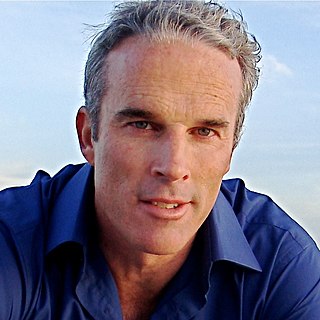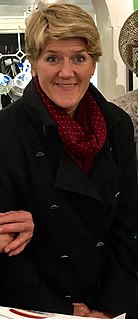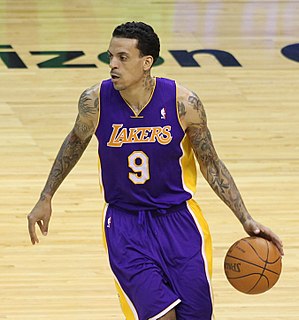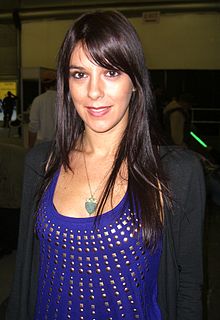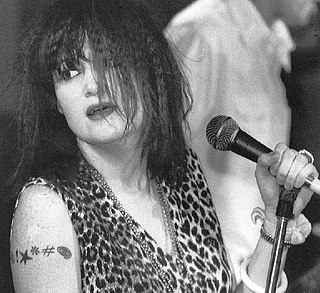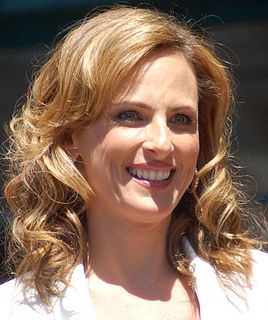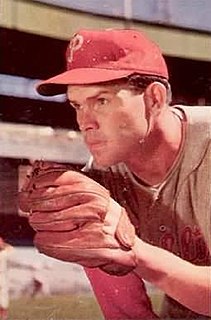A Quote by Eric Shanteau
After my cancer diagnosis, I really took my swimming to a new level.
Related Quotes
When people get cancer now, the first thing you do is you go to some doctors to get some advice, figure out what to do. People live a long long life after a cancer diagnosis. Not that it's not scary. The people I know have done so many stupid things. And they're still alive. Just being alive at this point is kind of icing on the cake.
For people who are afraid to talk about cancer, for people who are afraid to communicate with their loved ones about it, and for the people who want to pretend cancer doesn't exist, either delaying diagnosis or not getting regular checkups, the consequences can be fatal. Doing nothing about cancer will kill you.


